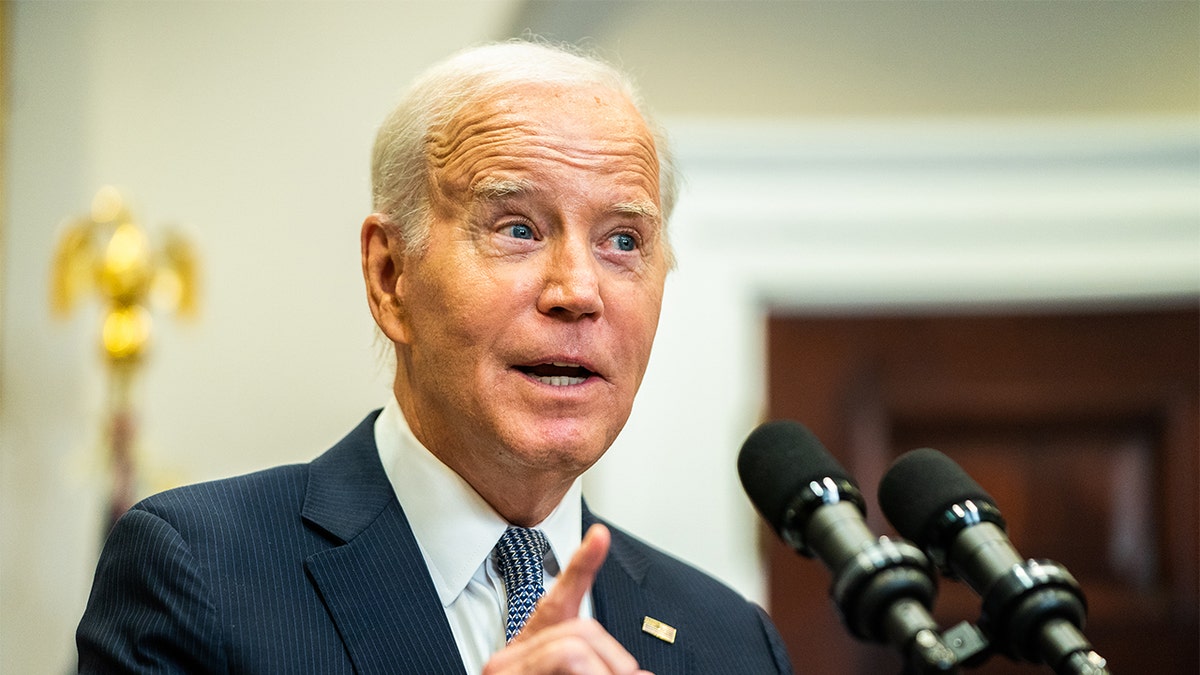The Supreme Court recently delivered a series of landmark rulings, but the decision to strike down President Biden's student loan forgiveness plan holds particular significance. While the immediate impact on borrowers is substantial, the ruling's long-term consequences for executive power are even more profound.

The Biden administration sought to erase $10,000 in student loan debt for individuals earning under $125,000 annually, and up to $20,000 for Pell Grant recipients. They justified this action by citing the 2003 Heroes Act, which allows the Department of Education to adjust student financial assistance programs during national emergencies. However, the Supreme Court deemed this interpretation a vast overreach of executive authority.

The court's decision underscores a crucial constitutional principle: Congress, not the executive branch, holds the power to create laws. The Biden administration's interpretation of the Heroes Act would have granted the executive branch sweeping authority to reshape legislation without congressional approval. This sets a dangerous precedent, potentially enabling future administrations to manipulate broadly worded laws to enact substantial policy changes unilaterally.

The court's rejection of this expansive interpretation is a victory for the separation of powers. It reinforces the principle that significant policy changes, particularly those with substantial financial implications, must originate from Congress. This safeguards against executive overreach and ensures that policy decisions are subject to proper legislative deliberation and debate.

While the debate surrounding student loan debt continues, the Supreme Court's decision serves as a critical reminder of the boundaries of executive power and the importance of upholding the balance of power within our government.


Comments(0)
Top Comments